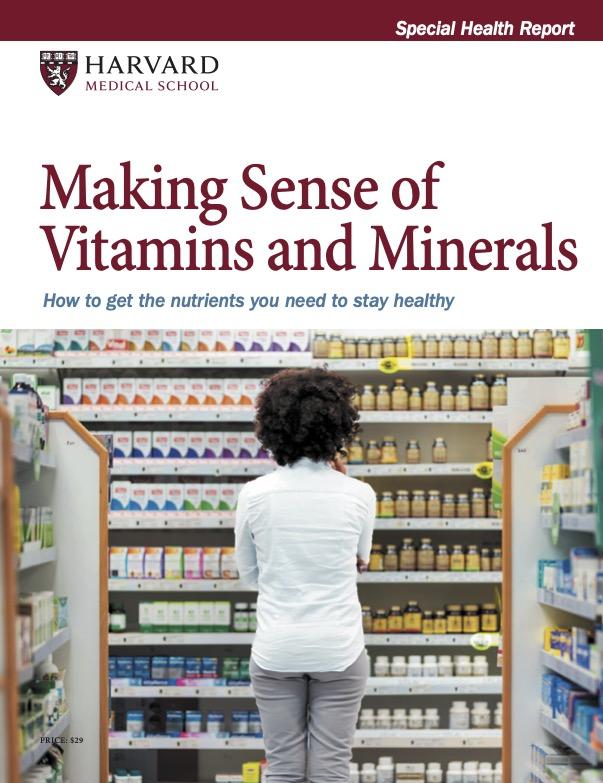Zinc gets a lukewarm response for fighting colds
In the journals
Many people use over-the-counter zinc products to prevent or treat their colds. But can this mineral really help cure the common cold? A recent analysis published in November 2021 in BMJ Open found the evidence mixed.
Researchers pooled data from 28 randomized controlled trials that explored whether zinc lozenges, gels, capsules, or sprays could relieve cold symptoms or speed up treatment. One study showed that zinc shortened the duration of symptoms by an average of two days compared with a placebo.
In another, zinc lowered the severity of symptoms by a cold's third day, around the peak of illness. However, many studies found zinc had only a modest effect or none at all, especially with easing daily symptoms.
While some people may benefit from taking zinc, it's not clear who those individuals are from this research. One upside: there appears to be no significant harm from taking zinc in safe amounts at the onset of cold symptoms. Until more is known, it's best to take a chicken soup approach to zinc: it might help, but then again, it might not.
Image: vitapix/Getty Images
About the Author

Matthew Solan, Former Executive Editor, Harvard Men's Health Watch
Disclaimer:
As a service to our readers, Harvard Health Publishing provides access to our library of archived content. Please note the date of last review or update on all articles.
No content on this site, regardless of date, should ever be used as a substitute for direct medical advice from your doctor or other qualified clinician.

















